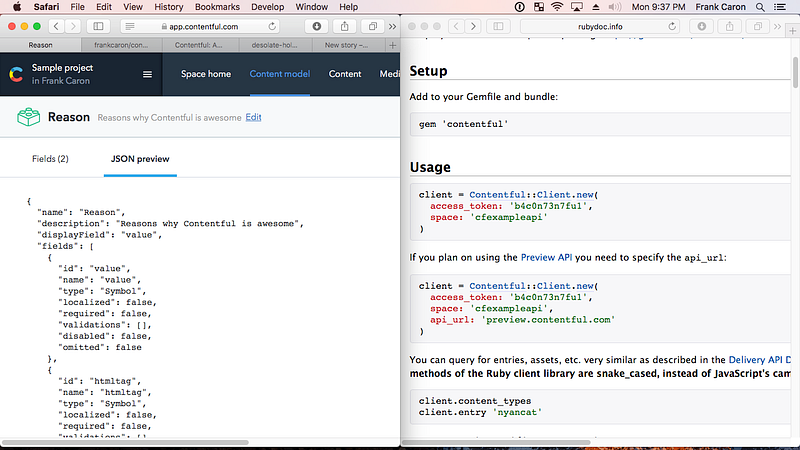Great DX Is For More Than Just Developers
Great DX Is For More Than Just Developers
In case the resurrection of old technical product management content on my Medium page didn’t tip you off, developer experience (or “DX” for the sake of adding another acronym for our collective lexicon) is incredibly important to me. Let’s keep the ball rolling, then.
Over the last ten years, I’ve been fortunate enough to contribute to a number of cloud platform companies that have worked hard to develop platforms that developers want to use: Achievers, UXP Systems, Stormpath, Points.com, and TouchBistro have all tackled this challenge in their own ways.
What has become very apparent over the years is that the arms race and hype campaign to attract developers’ attention to these platforms is often pursued without a consideration for one important reality: developers aren’t the only drivers of technology adoption in an organization.
As product managers, particularly technical ones, play a more active role in helping Engineering find usable solutions to business problems, we begin to take more of a vested interest in the types of tools that exist to streamline our development efforts.
This is what the modern day “buy vs. build” investigation amounts to: a search for something that already exists, be it on StackOverflow or otherwise, to short-circuit the build.
Thus, when a company invests heavily in developer experience, making it easy to adopt their technology platform, the investment can pay dividends by attracting tangentially-technical prospects like product managers who can be, and often are, an organization’s technology decision-makers — decision makers with the power to drive adoption (and subsequent revenue) of the platform.
Examples To Follow
Popular examples here include Stormpath (whose ease of adoption led to their acquisition by Okta) as well as the likes of Stripe, Twilio, and Parse.
A more up-and-coming example is Contentful, whose APIs enable content managers and writers to focus on organizing and authoring content while freeing their web developers of the shackles imposed by the damning bloat of encumbrance known as Drupal and Wordpress.

Thanks to strong documentation, an easy-to-use administration console, and a bevy of turn-key SDKs, I was able to spin up a working application that had integrated Contentful in less time than it took me to write this article.
Now, I consider myself to be on the more technical side of PMs out there, but suffice to say that with just a little more work on the content side to raise awareness of this ease-of-adoption, Contentful’s audience (and subsequent demand) could expand significantly.
Of course, this is just one of many companies out there building compelling APIs that simply need to reach a broader audience of technologists before truly taking off — but with the right DX principles already in place, the hardest work may already be behind them. That makes Contentful a DX idol worth emulating.
You can check out the sample app on my Github page. Are you working on a cool platform targeting developers? Let me know. I’d love to hear more and test it out.
Update (Sept 19): As if to prove my point, Twilio this morning has rolled out a new tool called “Studio” which allows you to use their service without writing a line of code.